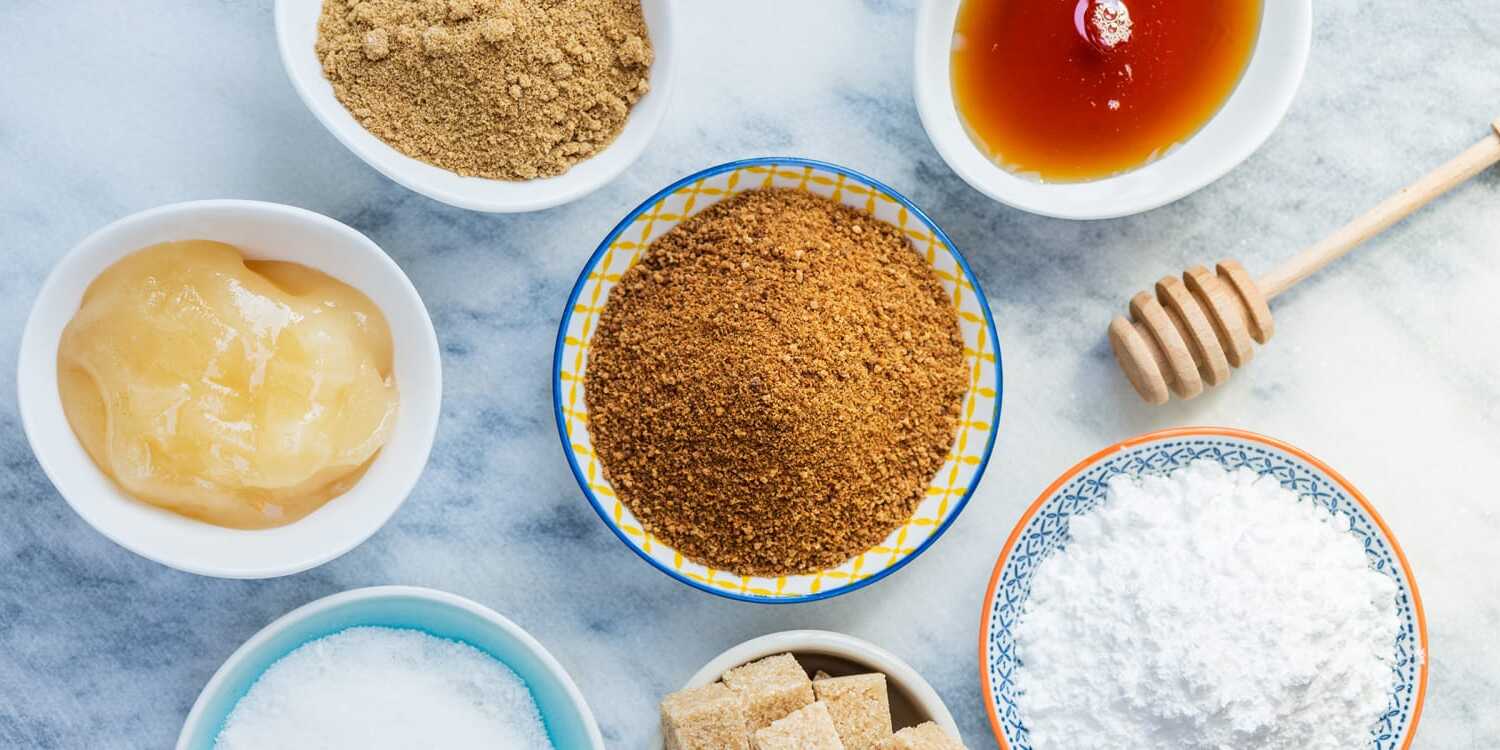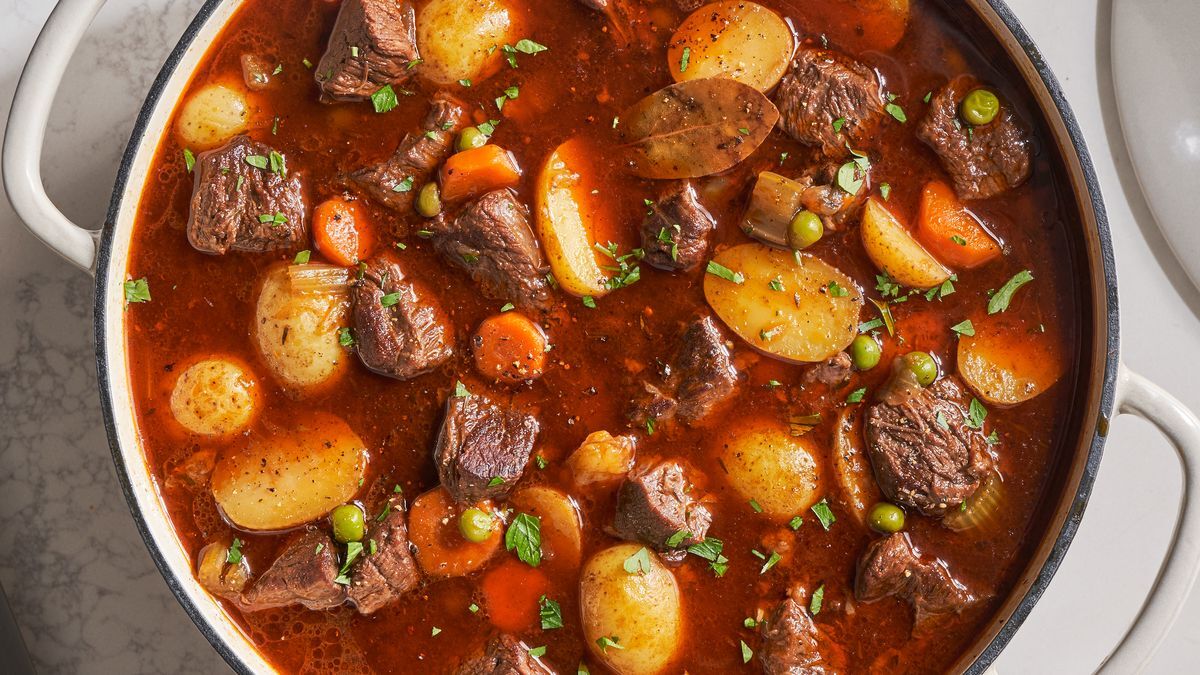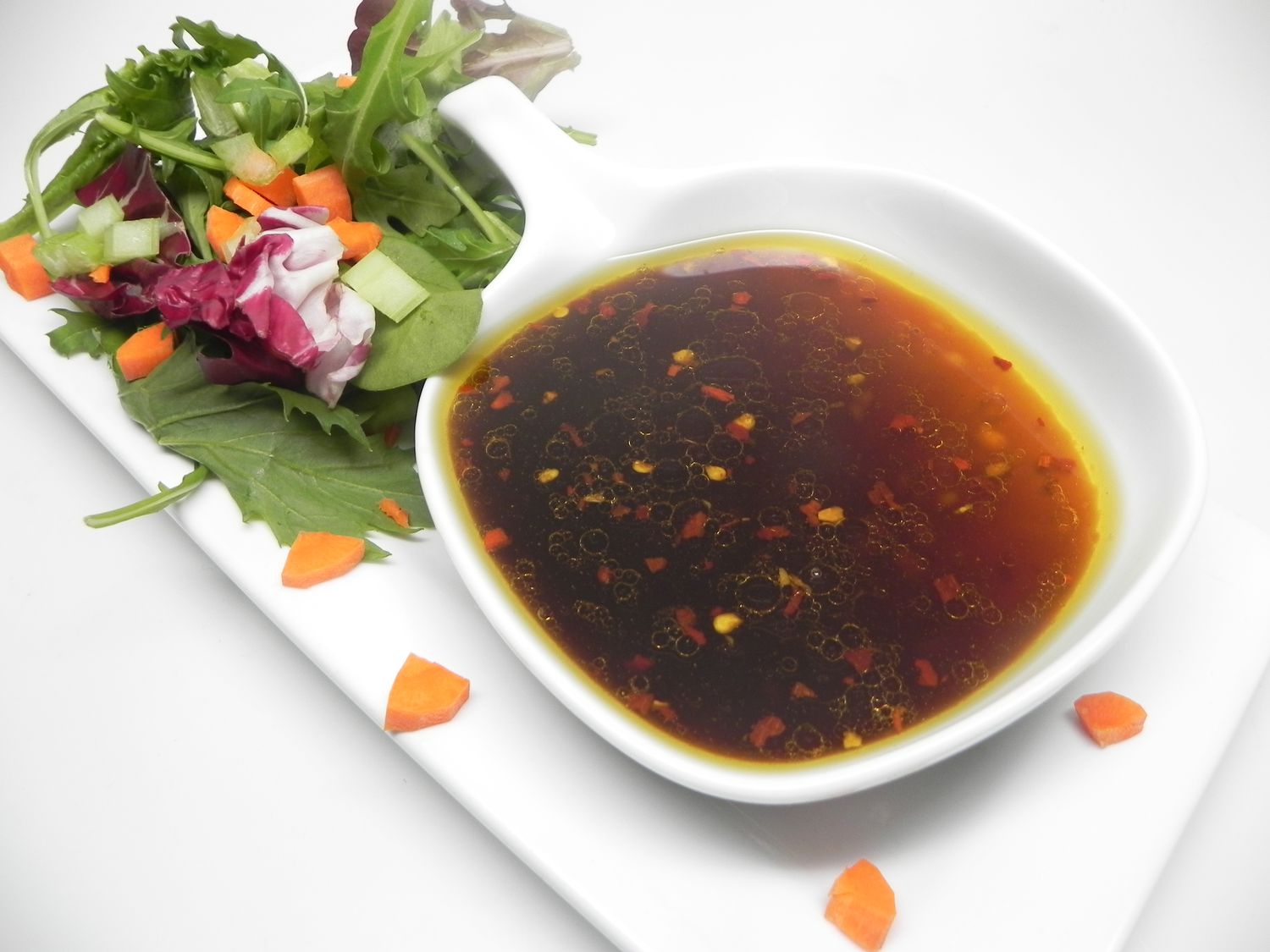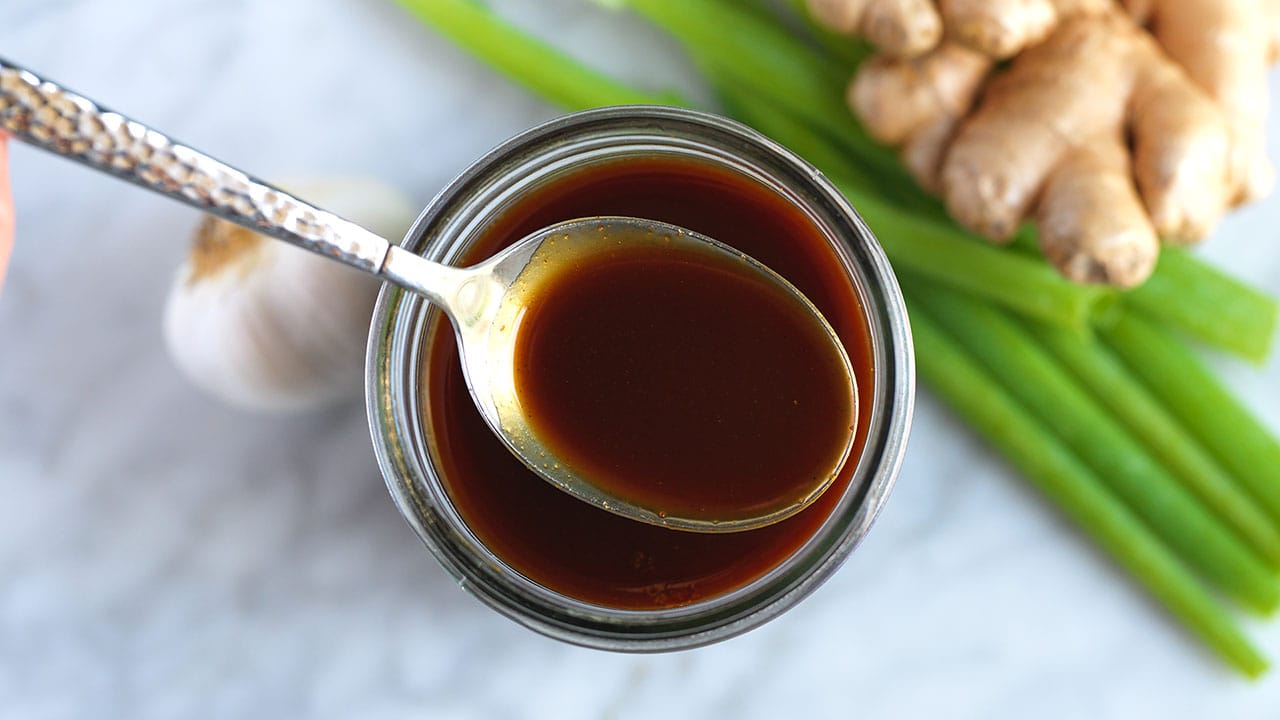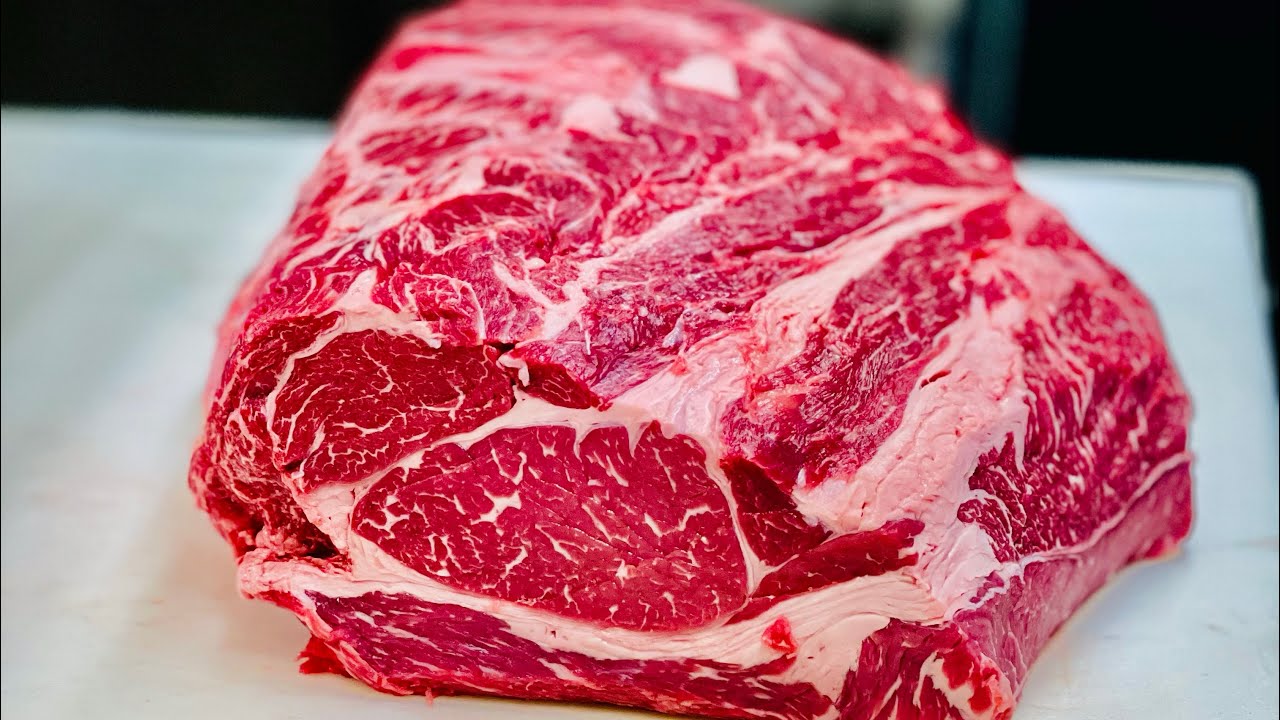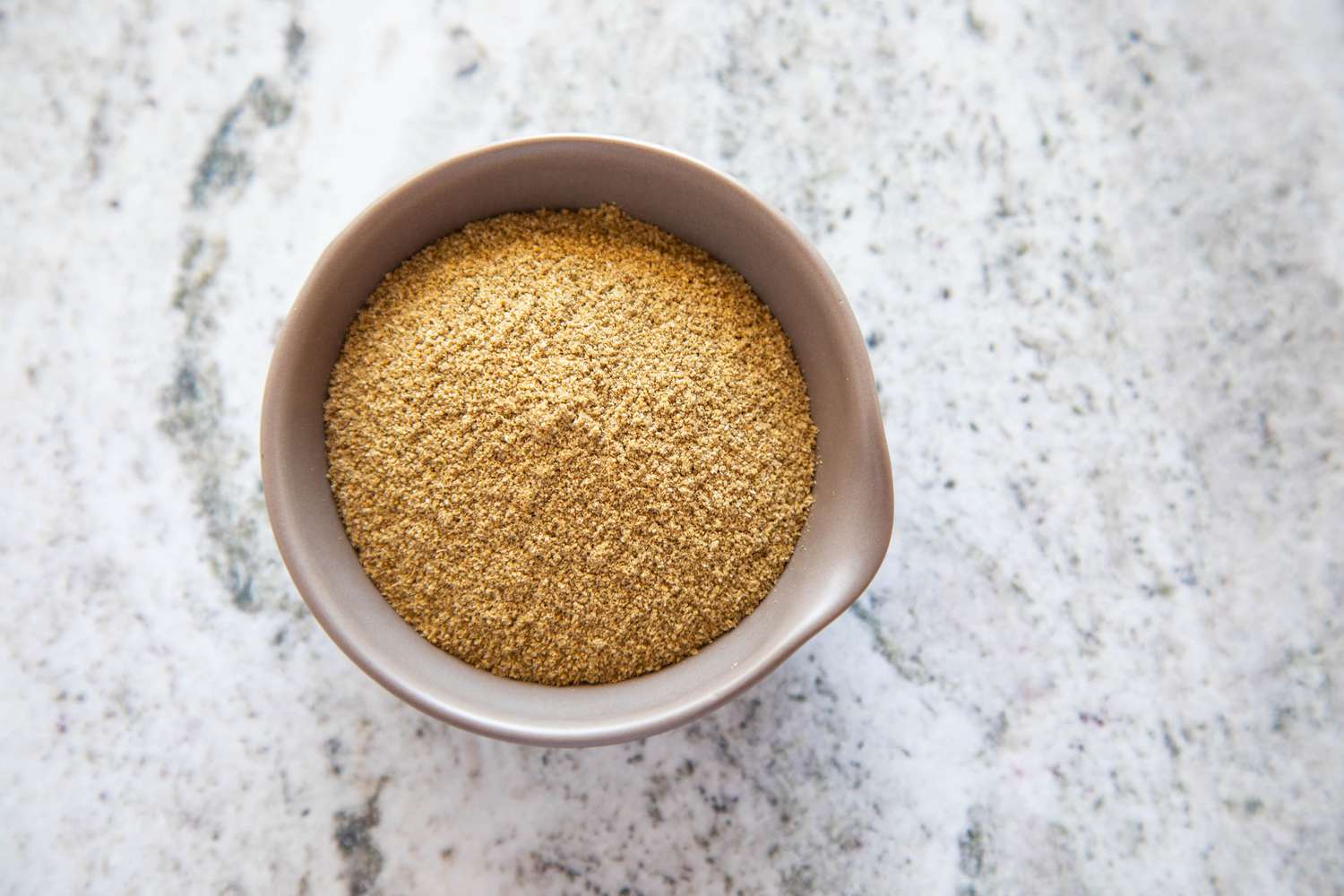Understanding Grape Must: A Sweet and Versatile Ingredient
When it comes to exploring the world of culinary delights, there are countless ingredients that add depth and flavor to dishes. One such ingredient that often piques the curiosity of food enthusiasts is grape must. But what exactly is grape must, and how is it used in cooking?
Grape must is essentially the juice that is extracted from crushed grapes, including the skins, seeds, and stems. This unfermented grape juice is a key component in the initial stages of winemaking, but it also has a range of culinary applications beyond the realm of wine production.
The Composition of Grape Must
When grapes are crushed to extract their juice, the resulting liquid contains a rich concentration of flavors, sugars, and natural acids. This combination of elements gives grape must its distinct sweet and tangy profile, making it a versatile ingredient in both sweet and savory dishes.
Uses of Grape Must in Cooking
From salad dressings and marinades to desserts and glazes, grape must can be used in a variety of culinary creations. Here are some popular ways to incorporate grape must into your cooking:
- Salad Dressings: The sweet and acidic notes of grape must make it a perfect base for vinaigrettes and dressings, adding depth of flavor to fresh salads.
- Marinades: When used as a marinade for meats or vegetables, grape must can impart a delightful sweetness and caramelization when grilled or roasted.
- Desserts: In baking, grape must can be used to sweeten and flavor cakes, pastries, and even ice creams, adding a unique twist to traditional recipes.
- Glazes: Whether brushed onto roasted vegetables or used to glaze meats, grape must creates a glossy finish and a hint of sweetness that elevates the overall dish.
Health Benefits of Grape Must
Besides its culinary uses, grape must also offers a range of health benefits. Rich in antioxidants, vitamins, and minerals, grape must is known to support heart health, boost immunity, and promote overall well-being. Additionally, the natural sugars in grape must provide a source of energy, making it a healthier alternative to refined sugars in cooking.
Where to Find Grape Must
If you’re eager to experiment with grape must in your own kitchen, you can typically find it in specialty food stores, gourmet markets, or online retailers. Look for high-quality grape must that is free from additives and preservatives to ensure the best flavor and nutritional benefits.
Whether you’re a seasoned chef or an adventurous home cook, incorporating grape must into your culinary repertoire can open up a world of creative possibilities. From enhancing the flavors of savory dishes to adding a touch of sweetness to desserts, grape must is a valuable ingredient that deserves a place in every kitchen.
So, the next time you’re browsing the aisles of your local food market, consider picking up a bottle of grape must and embark on a culinary journey that celebrates the natural essence of this versatile ingredient.
Was this page helpful?
Read Next: What Is In Pickle Juice
